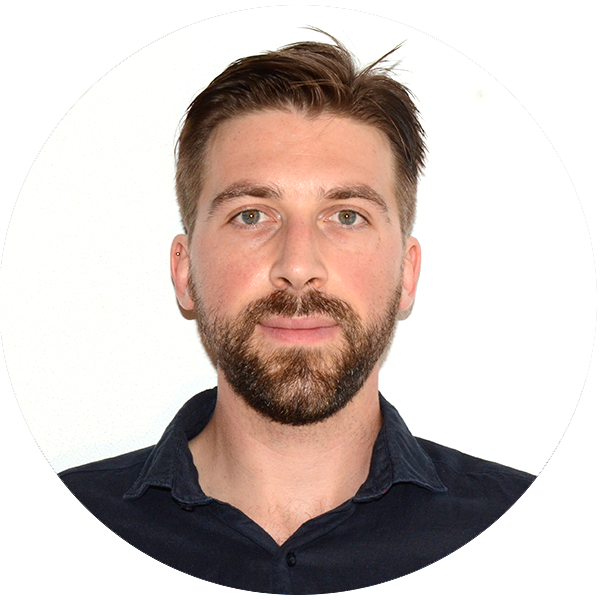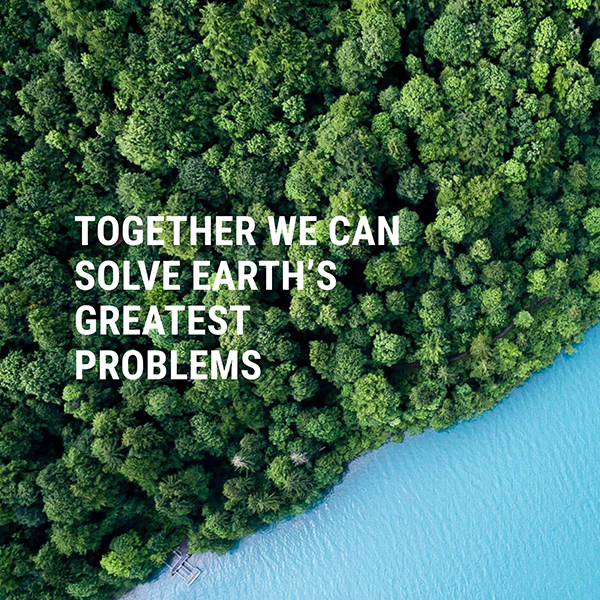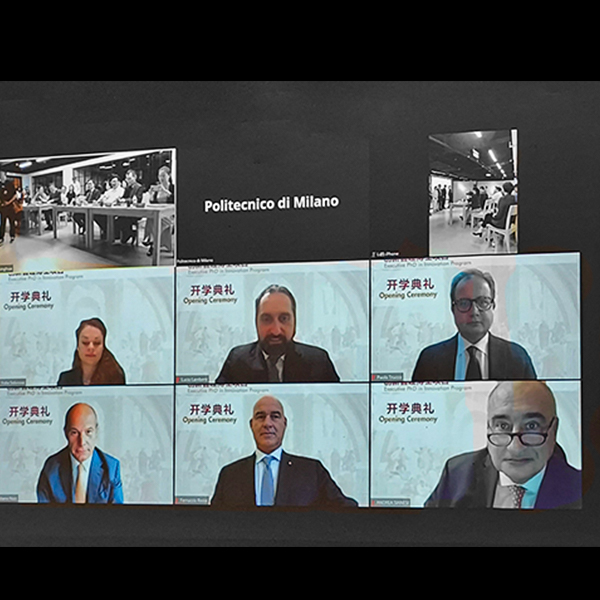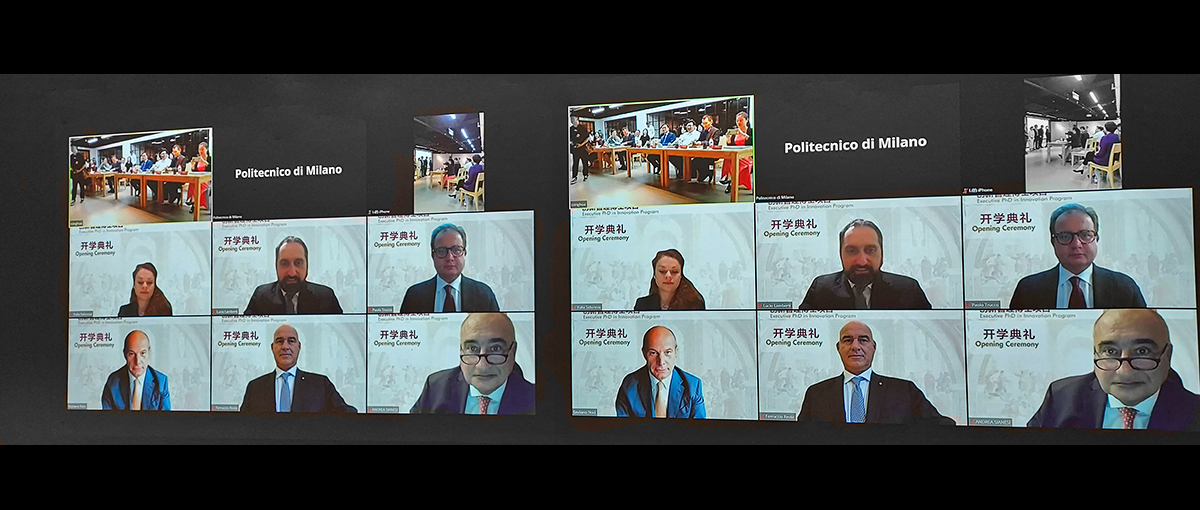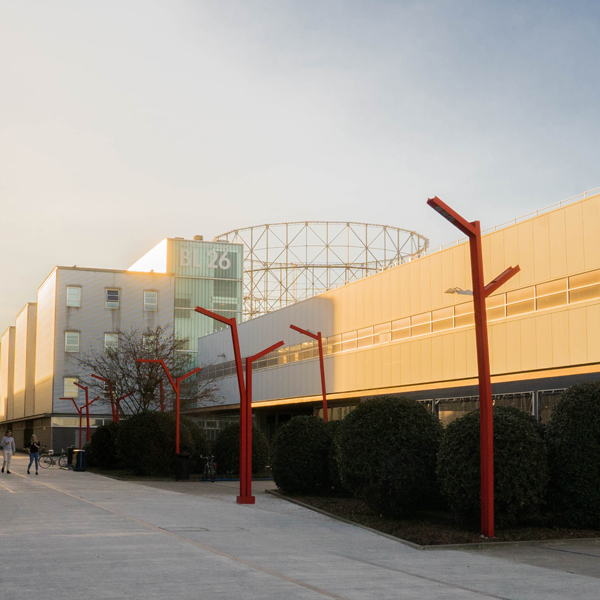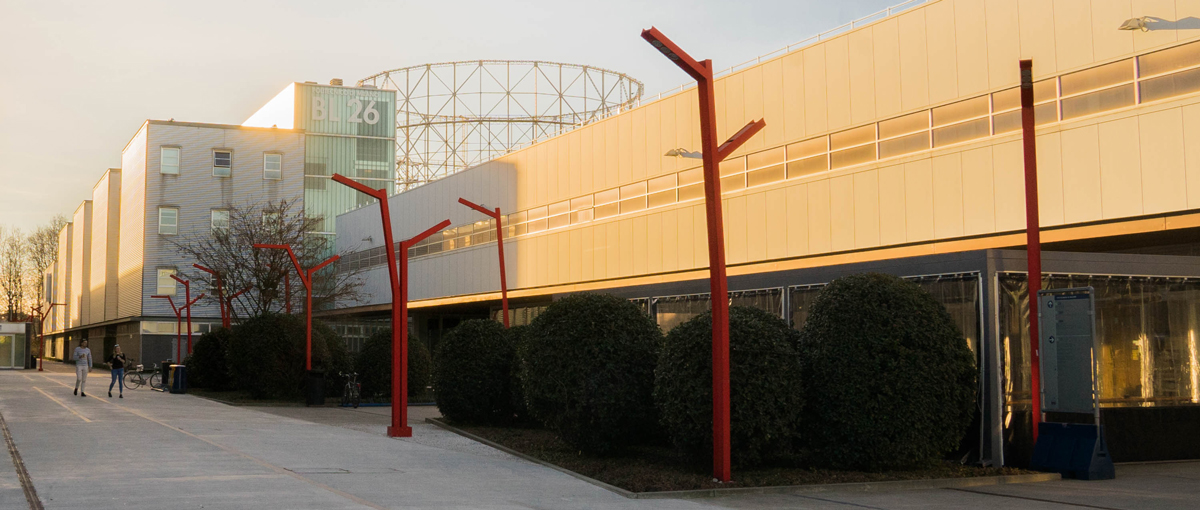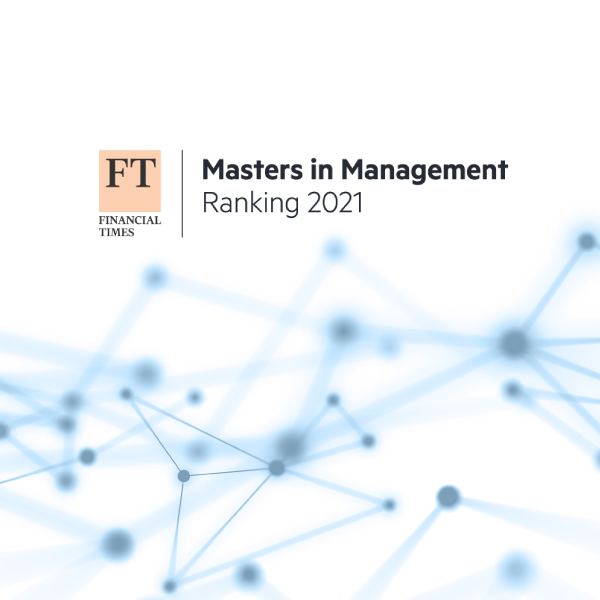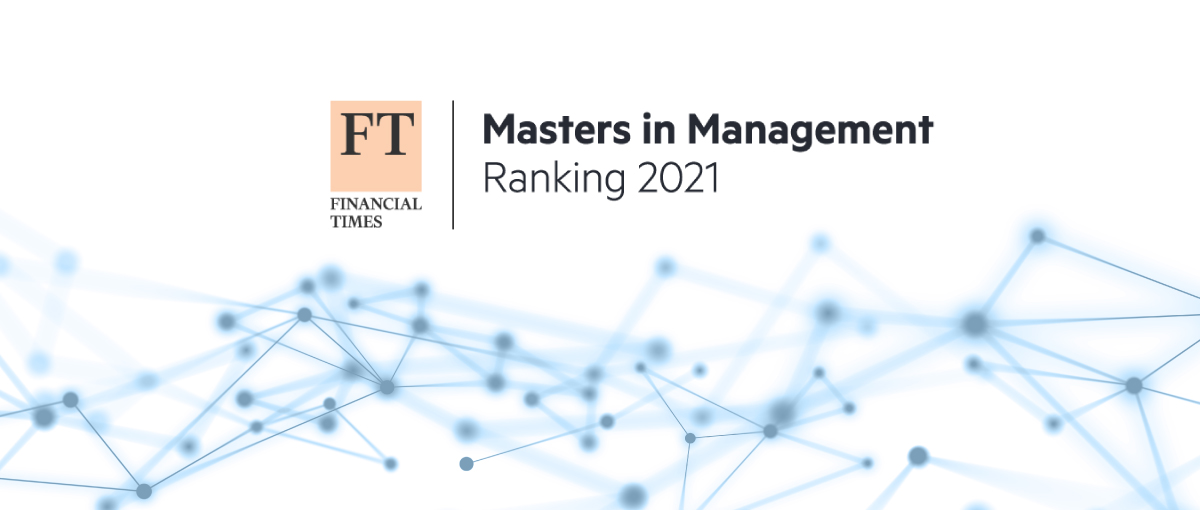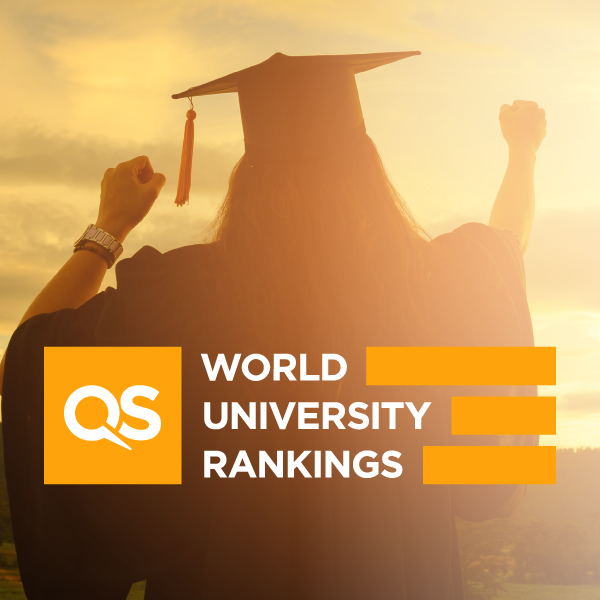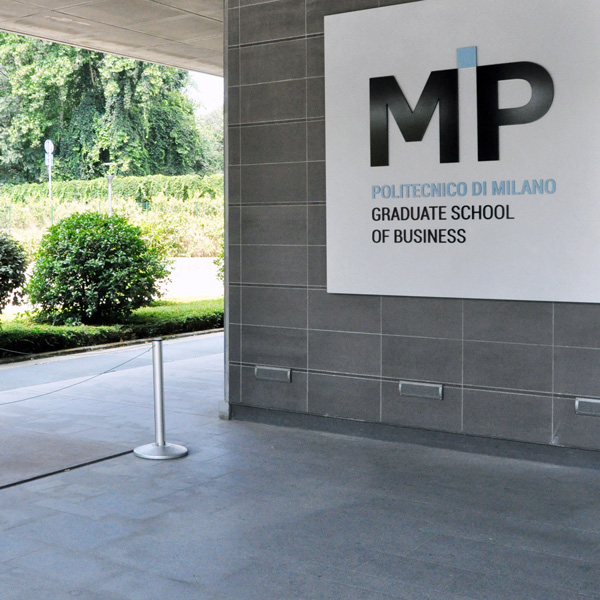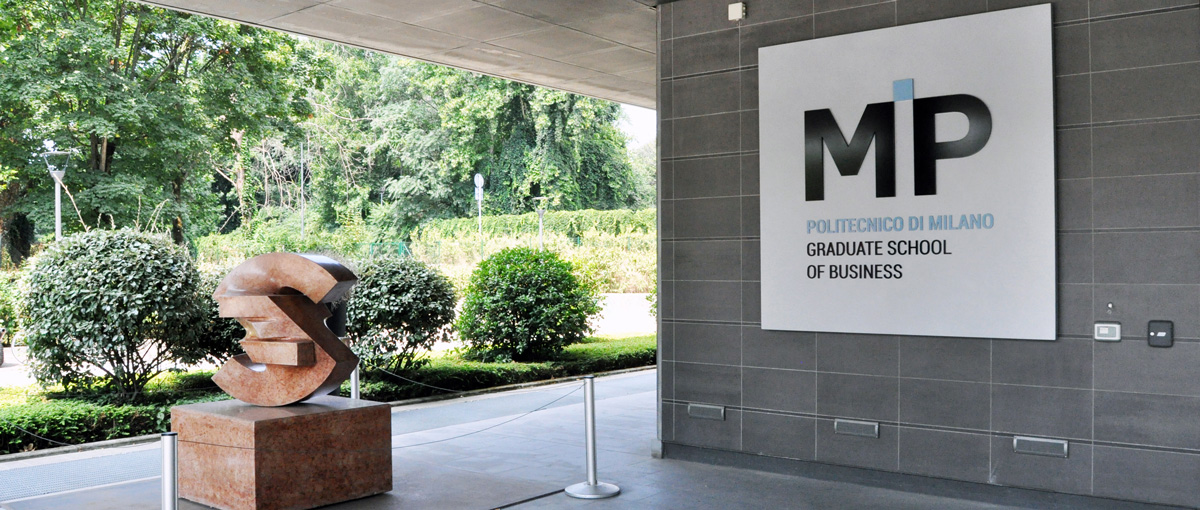
Data experts are becoming key connectors in relationships within organisations. Data culture therefore brings with it the need to rethink organisational and leadership models
Filomena Canterino, Assistant Professor of People Management and Organization at School of Management, Politecnico di Milano
For several years now, data analytics experts, the so-called data scientists and data analysts, have been among the most sought-after figures by companies across all sectors, from manufacturing and education to publishing. Their job is to gather, structure, analyse, interpret and summarise data, transforming it into information that is useful for the other players and decision-makers in an organisation.
Very often, the people in these roles are key connectors within the organisation, because they interact with individuals at various positions and levels, thus becoming reference points that transcend and, in some cases, even overturn traditional hierarchies. Data experts can in fact deliver great added value to almost all corporate areas, from maintenance and strategy to resources management and marketing. And in doing so, they interact with a host of different corporate players. Let us consider the typical example of the datafication of a production plant, in which a system of sensors is able to continuously gather real-time production performance data (for example, number of items manufactured, number of rejects, duration of downtime, number of breakdowns). By analysing and processing the data, and the information they manage to extrapolate from it, a data scientist or data expert can communicate effectively with operators, team leaders and top managers alike. They are able to give a voice to the machines, but also to the people who, armed with a more complete and detailed idea of the performance and potential areas for improvement, can put forward new solutions and ideas.
Just as often, unfortunately, people occupying these roles are superficially labelled as “nerds” and “geeks”, or other terms that allude to a certain familiarity with and interest in analytical and technical matters, and less interest or self-confidence in relationship, interpersonal and leadership aspects. Besides being narrow-minded – just think how many “nerds” are CEOs and leaders of big successful companies – this view is extremely limiting.
First of all, because it refers to an outdated view of the concept of leadership, i.e. innate, heroic leadership, based on “natural” charisma. Leadership experts and companies at the forefront with regard to these issues know all too well that people are not necessarily born leaders, but can become them – some with more effort than others, of course – simply because leadership is characterised by behaviours, or rather by actions that we can follow, practise and improve, and not by characteristics. So, surely also an individual with outstanding technical and analytical talent can identify and deploy the behaviours needed to interact with others and efficiently lead their team.
What is more, in the field of academic research, in which people have been aware for several decades of the fact that behaviour is more relevant than characteristics, the most recent studies have shown that leadership is actually a complex, dynamic and shared process in most cases, which stems from interaction between the various players of a system. If we look at it in this way, we could almost say that it could be more easily understood by individuals in charge of intercepting and interpreting data flows than by others.
Secondly, this type of view makes managing the development of these figures within organisations ineffective, precisely because it shines the spotlight on the wrong thing, i.e on the personal characteristics of those occupying a specific role, rather than on the organisation’s leadership model.
So what can be done to put these roles in a position to reach their full potential and develop their content- and process-based leadership qualities?
By all means, we can promote a cultural model that views leadership as something that is shared and widespread, based on actions and behaviour and on the concept of accountability – whereby each and every individual or small team is responsible for a small part of the result. All this can be achieved through coherent training and development plans across the entire organisation, as well as through digital technologies, which facilitate data acquisition and sharing to inform decisions and shorten hierarchical chains as a result. Data, accountability and shared leadership: a virtuous circle in which data experts can be true protagonists.





